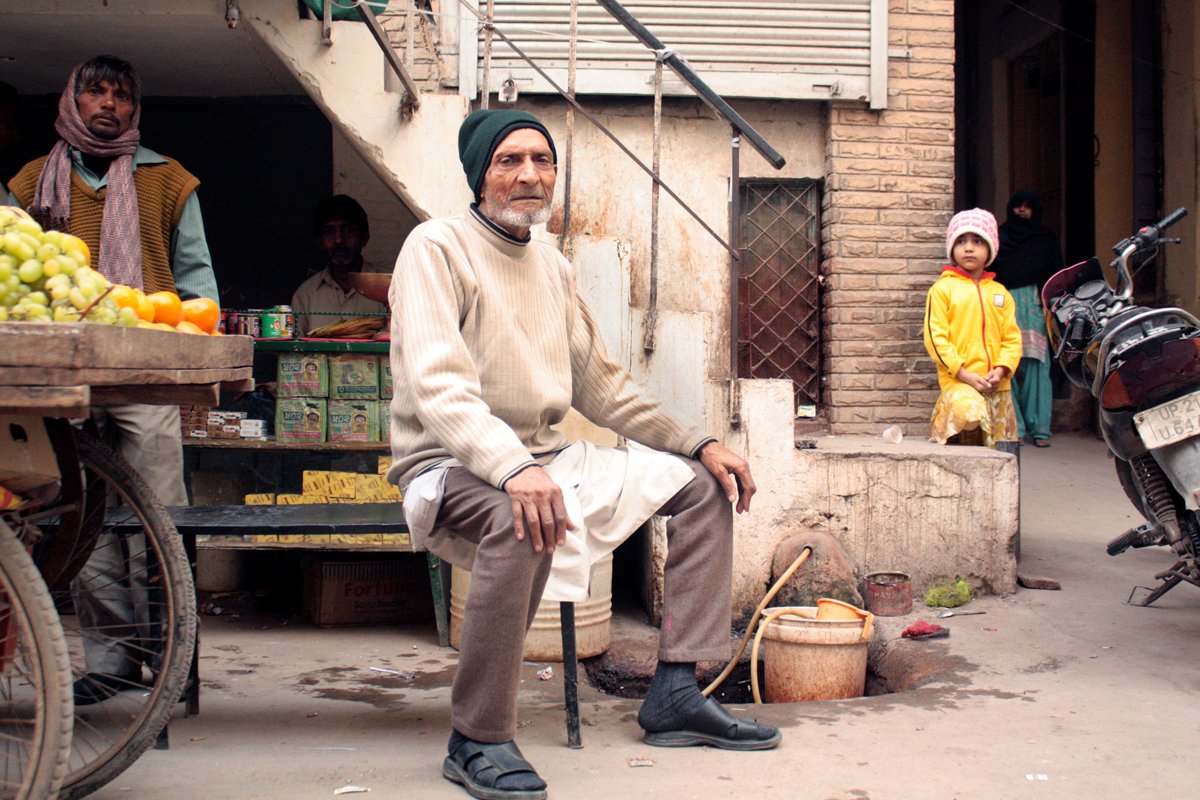It really breaks my heart to write this, but Nazmuddin Khan sahib, on whom I wrote a chapter (probably my favourite one) in Remnants, is no more. Born in 1929 in Delhi's Hauz Rani, he passed away just short of 92 years. 1/

More from India
1/n
On Feb 25, 2021 we published an analysis of the draft IT Rules, 2021. Alongside the analysis is a rundown of the contentious history of the Rules and the need for starting afresh on this vital conversation about platform accountability. Thread
\U0001f6a8 Breaking: We are releasing a copy of the Draft IT (Intermediary Guidelines and Digital Media Ethics Code) Rules, 2021, which seek to change the face of how digital media is governed in India.
— Internet Freedom Foundation (IFF) (@internetfreedom) February 25, 2021
Read our thread and analysis of the biggest concerns.
1/nhttps://t.co/zQnCGTgGzz
On Feb 25, 2021, the IT Rules, 2021 came into force. On Feb 27, 2021, we shared with you our comprehensive deep-dive into the Rules - an overview of its contents, the “safeguards” it seeks to establish, and how they affect your fundamental rights.
It's done: The IT Rules, 2021, are officially in play. We cannot stress this enough - this fundamentally changes the Indian internet. Please RT this thread on the Rules and how they bring government control over digital media like never before.https://t.co/S7K9wnIkvI
— Internet Freedom Foundation (IFF) (@internetfreedom) February 27, 2021
1/n
We're also talking directly to young people and making sure that they are empowered with knowledge about their digital rights w.r.t. the IT Rules, 2021. Watch our video explaining the background of the Rules and the crux of the matter in 5
Currently, public analysis including our own provides a broad overview of concerns. Since new IT Rules are here to stay, we're also providing you with segmented explainers. Our simple video on how the new Rules will affect digital news
How do the IT Rules, 2021 affect digital news media?
— Internet Freedom Foundation (IFF) (@internetfreedom) March 3, 2021
Our video explains the 4 biggest implications in 5 minutes - simply and directly. Everyone and specially journalists, please RT and share this critical info on social media, WA, Signal!https://t.co/iZ0Ya0gU8K
















